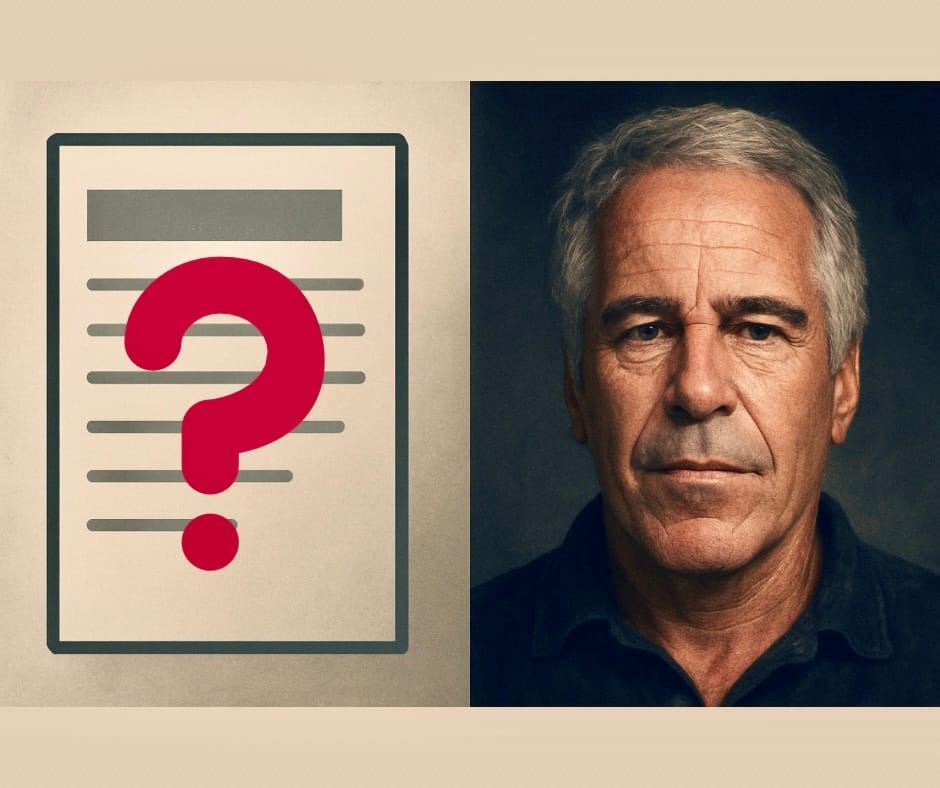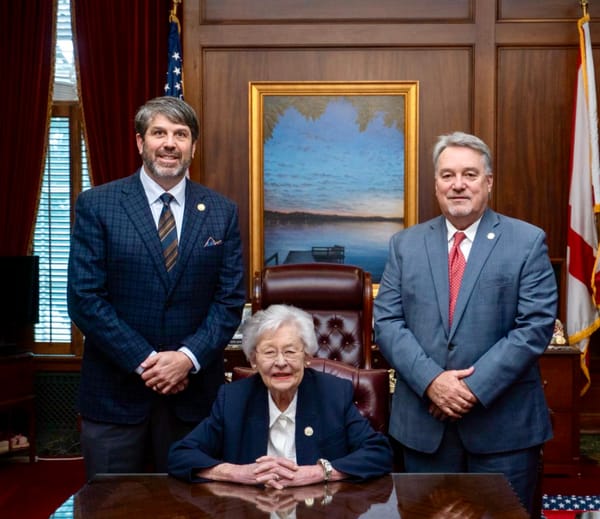House Passes Epstein Files Release Bill 427-1
Bill now goes to the Senate, where its fate is uncertain

The House of Representatives has taken a significant step toward justice for victims of Jeffrey Epstein by passing the Epstein Files Transparency Act, a bill that would compel the Department of Justice (DOJ) to publish unclassified records related to Epstein’s case.
The House approved the bill on Tuesday by a vote of 427-1, demonstrating broad bipartisan support. The legislation seeks to bring to light material tied to Epstein’s investigation—materials victims and the public have long called for. According to the Congressional summary, the act would require DOJ to publish “all unclassified records, documents, communications, and investigative materials in DOJ’s possession that relate to the investigation and prosecution of Jeffrey Epstein.”
Key to this effort were House members from both parties. Thomas Massie (R-KY) and Ro Khanna (D-CA) led a discharge petition forcing the measure to the floor, bypassing leadership delays. They joined with victims of Epstein’s abuse in pressing for transparency and accountability. The bill covers files about Epstein’s co-conspirator, Ghislaine Maxwell, flight logs, travel records, references to government officials and politically exposed persons, and files concerning destruction or concealment of evidence.
One Republican, Clay Higgins (R-LA), cast the sole “no” vote. In a post on X, he said:
“I have been a principled “NO” on this bill from the beginning. What was wrong with the bill three months ago is still wrong today. It abandons 250 years of criminal justice procedure in America. As written, this bill reveals and injures thousands of innocent people – witnesses, people who provided alibis, family members, etc. If enacted in its current form, this type of broad reveal of criminal investigative files, released to a rabid media, will absolutely result in innocent people being hurt. Not by my vote. The Oversight Committee is conducting a thorough investigation that has already released well over 60,000 pages of documents from the Epstein case. That effort will continue in a manner that provides all due protections for innocent Americans. If the Senate amends the bill to properly address privacy of victims and other Americans, who are named but not criminally implicated, then I will vote for that bill when it comes back to the House.”
House Speaker Mike Johnson (R-LA) supported the bill’s passage while voicing strong concerns about its language. He told reporters he believes the Senate must amend the bill to protect victims’ privacy and preserve core criminal justice norms.
Senate Majority Leader John Thune (R-SD) said the Senate will “move fairly quickly” to take up the legislation, though he noted the 427-1 House vote makes amendments less likely.
The Senate can either choose to move quickly on the bill with few amendments—as Thune has indicated—extensively amend the bill—as Speaker Johnson would like—or simply fail to act. The latter would be an excellent way to block the release of the files while giving political cover to House members, who can legitimately say they voted for release.
For survivors of Epstein’s sexual-trafficking ring, the House vote marks a moment of vindication and hope. One survivor, Danielle Bensky, said:
“We need the facts before we can move forward … We want them to release everything.”
Another, Annie Farmer, who testified at Maxwell’s trial, called the scandal “institutional betrayal” and said it was time for real transparency.
Proponents of the bill believe it signals that no person should be beyond scrutiny when abuse of power is involved. With the House vote secured, the Senate now becomes the staging ground for either full realization of transparency—or delay. If the Senate introduces significant edits, the bill would have to return to the House and the process is delayed. Rep. Massie warned of such tactics:
“If you do anything that prevents any disclosure, you are not for the people and you are not part of this effort.”
Survivors and advocates—among them, large portions of the President’s MAGA base—will be watching whether the Senate passes the bill in its current form and whether the DOJ actually complies—and how swiftly. The standard of justice demands not just passage of laws, but meaningful follow-through.
The House has acted. Transparency may be within reach. For the many who suffered under Epstein’s network, this is a chance to see accountability, to wind down decades of secrecy, and to affirm that victims’ voices matter more than politics or the interests of powerful people and groups.
Now, it remains to be seen if the Senate will act—or will continue to perpetuate what many Americans see as an ongoing scandal and its coverup.
The full text of the Epstein Files Transparency Act may be found HERE.




